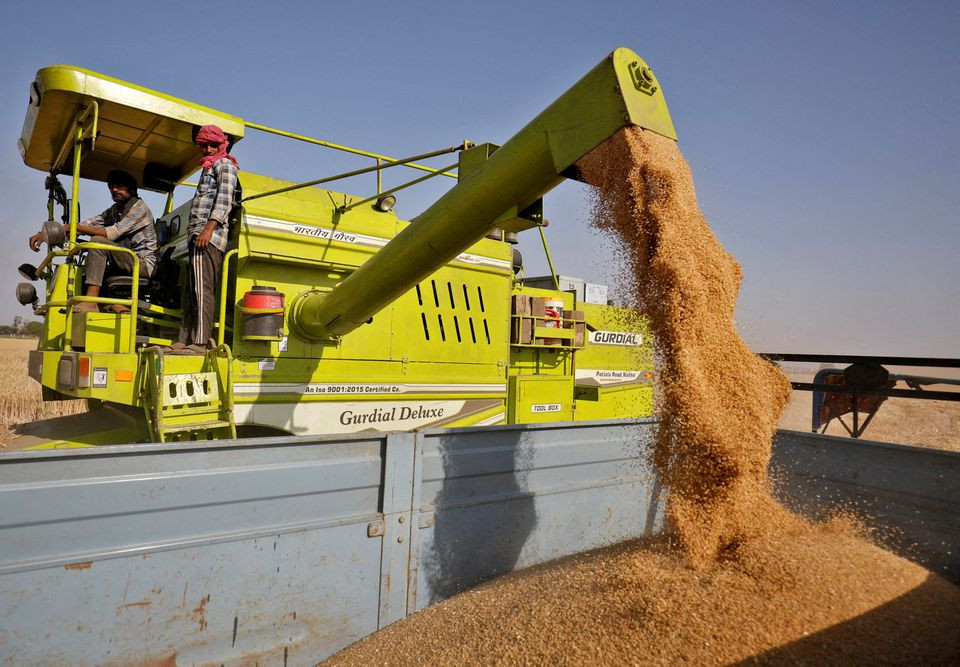
Bureaucratic hurdles sabotaged the import of wheat at lower prices from Russia, on a government-togovernment (G2G) basis. A summary was tabled before the Economic Coordination Committee (ECC) to approve a tender for the import of wheat, ignoring the cheaper offer from Russia under G2G. The lowest bidder in the tender quoted a price of $373 per tonne and the economic decision-making body approved the deal. The second lowest bidder quoted a price of $384 per tonne.
However, sources revealed that Russia had offered a price of $372 per tonne for the import of 300,000 metric tonnes of wheat; lower than the price quoted by the lowest bidder. But the concerned ministry dealing with wheat import did not even inform the ECC about the offer of wheat from Russia. Instead, the economic decisionmaking body was informed that negotiations with Russia had not yet been finalised. This is despite the fact that the Prime Minister Shehbaz Sharif had directed exploring the option of wheat import on a G2G basis, in order to save foreign exchange. It was brought to the notice of ECC last year that the government had the option to import wheat from Russia at $280 per tonne on a G2G arrangement.
However, bureaucratic hurdles led to Pakistan missing the opportunity of importing wheat at a cheaper rate. The concerned ministry was going to repeat the same story as it sought approval for import of wheat at higher rates, compared to the offer made by Russia. The wheat crisis started in the country during the Pakistan Tehreek-i-Insaaf (PTI) government when middlemen and hoarders stocked up wheat to inflate prices. Widespread smuggling to Afghanistan was another reason leading to the disappearance of wheat flour from the market. Keeping in view the situation faced in the past, the government has been working on building strategic reserves to address any shortage of wheat in the country.
Pakistan Agricultural Storage and Services Corporation (PASSCO) Managing Director, Saeed Ahmad Nawaz said that “the rains and floods have caused damages to the wheat stock at the government warehouse. However, wheat fit for human consumption has been successfully separated from the damaged stock and is now being supplied.” “Due to the current situation, food security may remain a matter of concern in the coming months. The high prices of urea, electricity and other inputs have discouraged farmers to sow wheat,” he added.





1716998435-0/Ryan-Reynolds-Hugh-Jackman-(3)1716998435-0-165x106.webp)










1730706072-0/Copy-of-Untitled-(2)1730706072-0-270x192.webp)
COMMENTS (1)
Comments are moderated and generally will be posted if they are on-topic and not abusive.
For more information, please see our Comments FAQ